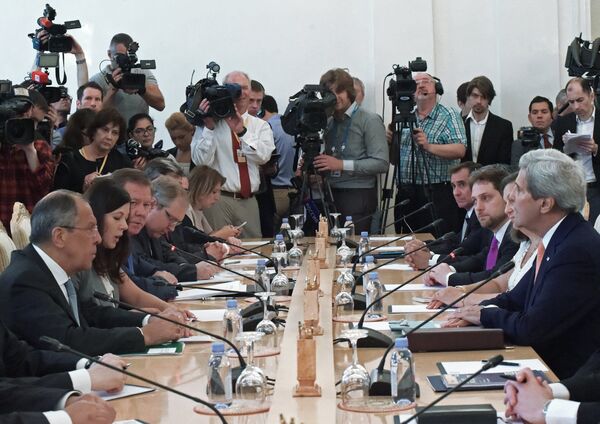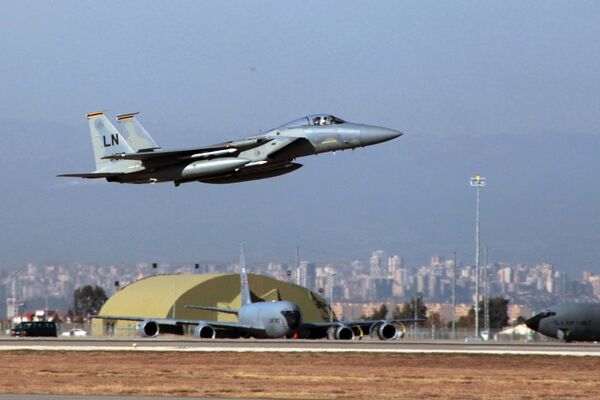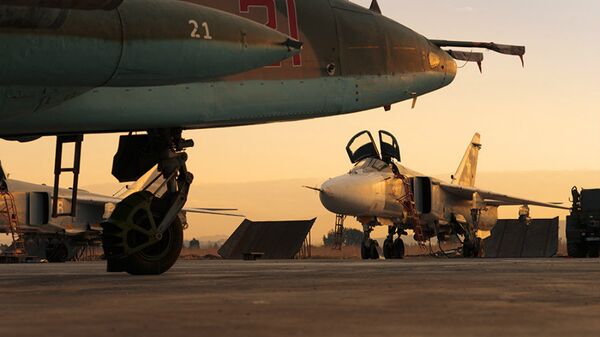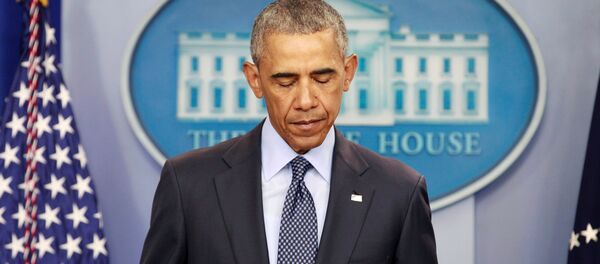Turkey's stability has further been affected by refuges and terrorist attacks. The country has been the key destination for millions of Syrians fleeing sectarian violence sparked in the Arab country following a foreign-sponsored insurgency against President Bashar al-Assad. In recent months, Turkey has also been rocked by major terrorist attacks carried out, according to local authorities, by Daesh or the Kurds.
The failed military coup will further complicate Turkey's already complex domestic realities at a time when a new wave of sectarian violence has engulfed the Middle East.
In this context, Ankara's newfound determination to tackle Daesh and help bring lasting peace to Syria, as well as Russian and Washington-led efforts to destroy the brutal terrorist group once and for all will be put to the test.

"The coup means whatever bets Washington may have made in Moscow are now even harder to implement," Andrew Tabler, a Middle East expert at the Washington Institute for Near East Policy, told the Wall Street Journal. "We're not sure who's in charge there."
The analyst referred to US State Secretary John Kerry's latest visit to Moscow. While in Russia, America's top diplomat brokered a deal that will see both countries make specific steps to enhance the fragile ceasefire in Syria and work together on tackling al-Nusra Front. The ceasefire has been seen as the key prerequisite needed to launch a credible political transition in the country.

Washington relies heavily on Turkey in its counterterrorism efforts since US forces need access to the Incirlik airbase, located approximately 60 miles from the Syrian border. For instance, an A-10 squadron stationed at Incirlik since October is responsible for one-third of all refueling operations undertaken as part of the US-led anti-Daesh airstrike campaign.
Should the Pentagon lose its access to the base, it would deal "a severe blow" to the anti-Daesh campaign, the Guardian observed.
In addition, many are concerned that Ankara's focus will shift following the failed coup attempt. If true, Daesh could benefit from it, Stephen Flanagan, an analyst at the RAND Corporation, told the newspaper.
"Continued turmoil could deepen divisions in Turkey. And distract it from doing more to help the coalition in Syria," he said.
Aaron Stein, a Turkey analyst at the Atlantic Council, shared these sentiments, saying that "the coup may fail, but the result will lead to purges, regardless of who eventually ends up in power."
This is a likely scenario since Erdogan has already promised to cleanse the military.





